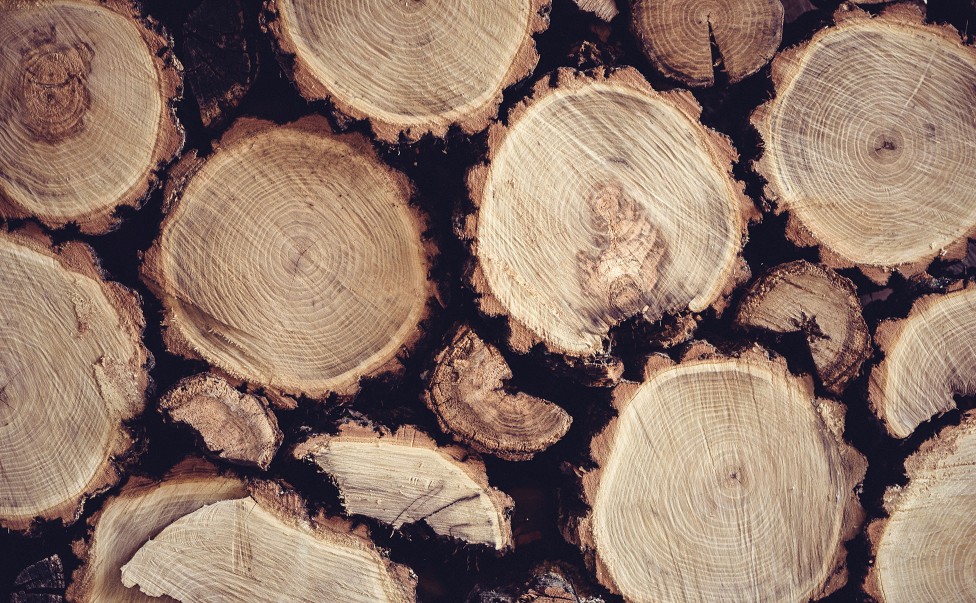Viscose, lyocell and modal are all types of man-made cellulosic fibres, also known as regenerated cellulosic fibres.
Man-made cellulosic fibres
The challenge
Man-made cellulosic fibres (MMCF) are made from natural plant materials, for example wood pulp. If this wood is not sourced responsibly, it can lead to the destruction of ancient and high conservation value forests. The manufacture of MMCFs can also cause concern and the processing chemicals should be handled in a closed-loop.
Our approach
We are strengthening our sourcing requirements for MMCF to protect ancient and high conservation value forests. In addition we are increasingly using next generation MMCFs and supporting the use of closed-loop manufacturing.
Since 2020, our suppliers only source MMCF from fibre producers with a low risk of using wood from ancient and endangered forests, as indicated by a Green Shirt in the CanopyStyle Hot Button Report.
And by the end of 2025, we aim to source all our MMCF from responsible certified sources, or to replace them with next generation fibres made from sources such as agricultural residues and pre- and post- consumer textiles such as Infinna and Circulose.*

Projects and activities
The Canopystyle Initiative and Forestmapper
In 2014 we began working with Canopy and other fashion brands through the CanopyStyle Initiative, which aims to end the use of ancient and endangered forests in the MMCF industry. The initiative also supports the development of next-generation fibres made from innovative sources such as agricultural residues and recycled textiles. We were also one of the founding members of the CanopyStyle Leaders for Forest Conservation.
In addition, we financially contributed to the development of the ForestMapper, which helps companies identify risks connected to forests and allows them to make more informed purchasing decisions around fibre sourcing and forest products.
Roadmap Towards Responsible Viscose
We have signed the Roadmap towards responsible viscose and modal fibre manufacturing initiated by Changing Markets. The objective of the roadmap is to move viscose and modal producers towards a closed-loop manufacturing system. It also sets out general requirements for responsible brands regarding:
- sourcing policies
- supply chain transparency
- assessment of supply chain
- monitoring of production facilities
- grievance and remediation procedures
Traceability
In line with the roadmap, we have our own MMCF sourcing requirements and work with TextileGenesis to improve traceability. Using block-chain technology, we can trace MMCF from fibre to final product. As part of our sourcing requirements we are committed to disclose all of our MMCF suppliers. Today most of the viscose we use comes from Birla and Lenzing. We also source from Enka and Tangshan Sanyou. You can view the full list of our MMCF suppliers here.
Together with the other brands we are gradually working towards the 2025 goal: to only source from producers of viscose and other MMCF fibres found to have good environmental practices, such as closed-loop processing of water and chemicals. All our MMCF producers are required to complete Textile Exchanges’s Transparency Questionnaire, which monitors their sustainability performance including how they meet ZDHC Man-Made Cellulosic Fibre guidelines.
We publish our Sustainability Disclosure annually. In this document, we set out our goals and the progress we’ve made in the previous year. Find the latest version here. More up to date information can be included on this page.
RELATED